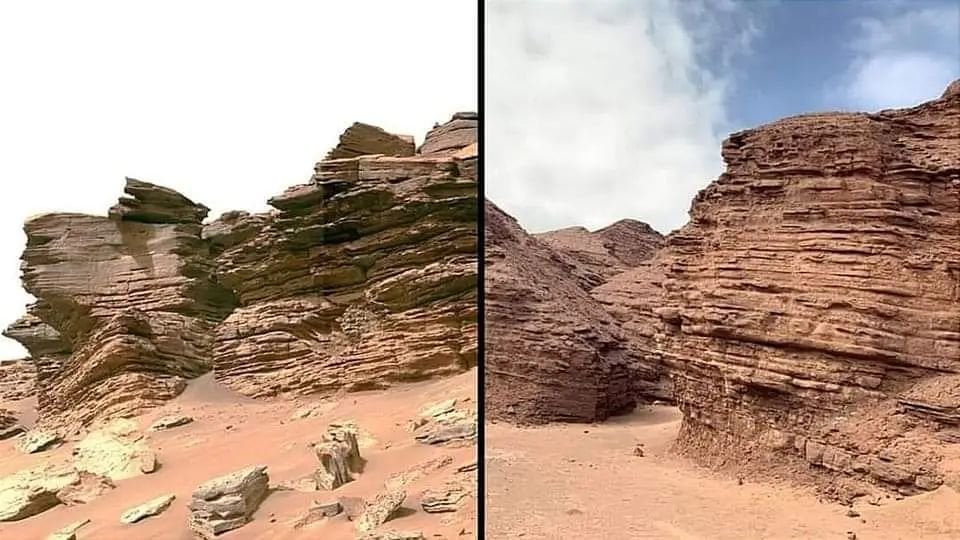this post was submitted on 21 Sep 2024
529 points (98.7% liked)
Space
8639 readers
30 users here now
Share & discuss informative content on: Astrophysics, Cosmology, Space Exploration, Planetary Science and Astrobiology.
Rules
- Be respectful and inclusive.
- No harassment, hate speech, or trolling.
- Engage in constructive discussions.
- Share relevant content.
- Follow guidelines and moderators' instructions.
- Use appropriate language and tone.
- Report violations.
- Foster a continuous learning environment.
Picture of the Day
 The Busy Center of the Lagoon Nebula
The Busy Center of the Lagoon Nebula
Related Communities
🔭 Science
- [email protected]
- [email protected]
- [email protected]
- [email protected]
- [email protected]
- [email protected]
- [email protected]
- [email protected]
- [email protected]
🚀 Engineering
🌌 Art and Photography
Other Cool Links
founded 1 year ago
MODERATORS
you are viewing a single comment's thread
view the rest of the comments
view the rest of the comments


Yup!
Sediment gathers at the bottom of a lake or sea. Builds up deeper and deeper layers. Each layer is formed by a sediment deposition event. Each layer you go down is going further into the past of that former water body.
Because sedimentary rock requires standing bodies of liquid to form, they are only found on Earth and Mars (and maybe Dragonfly will find sedimentary deposits on Titan which would be very different in chemistry).